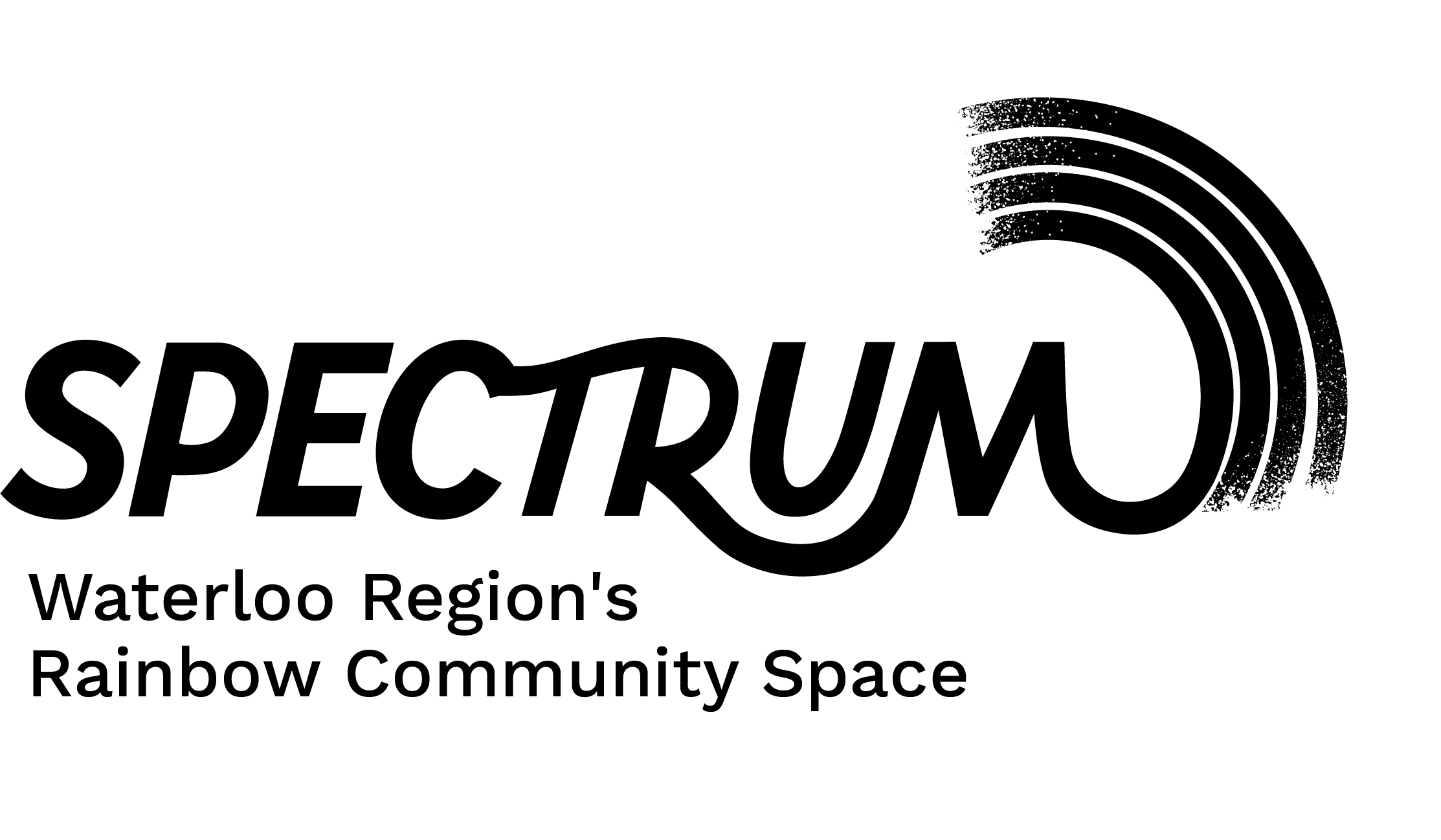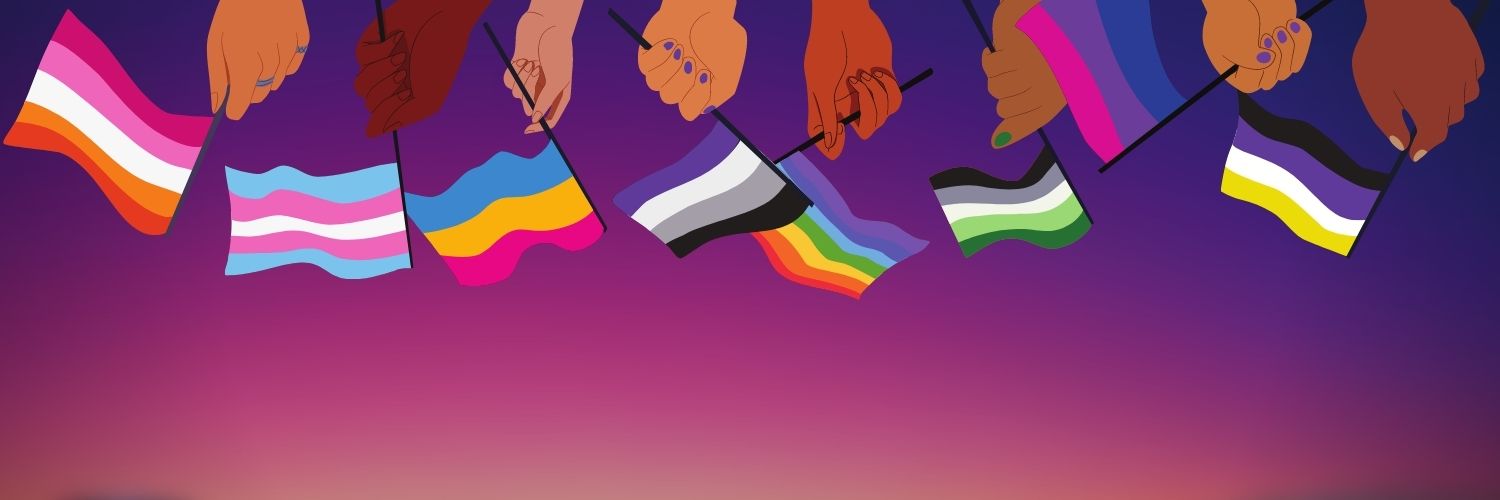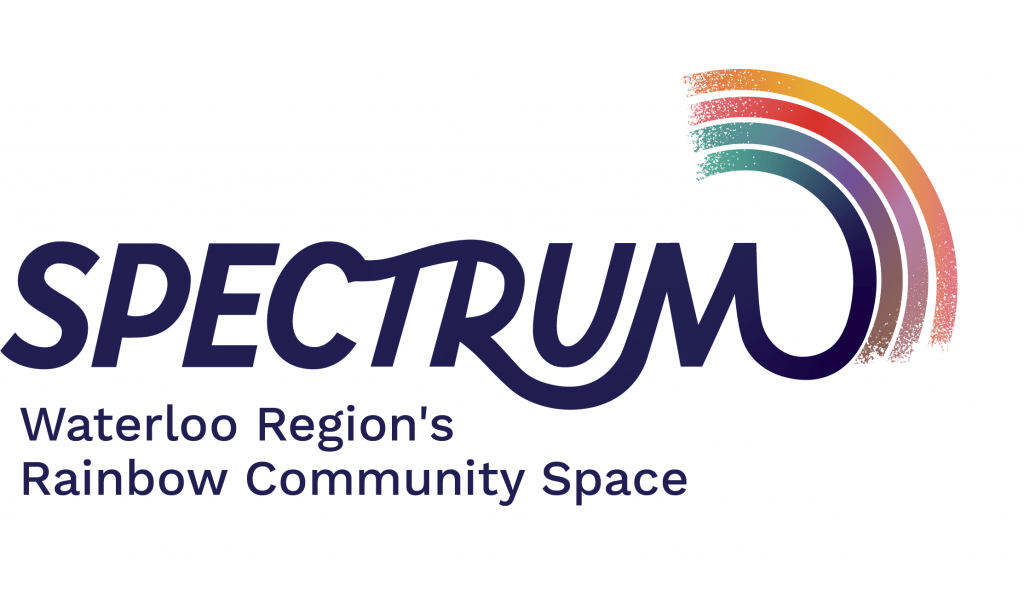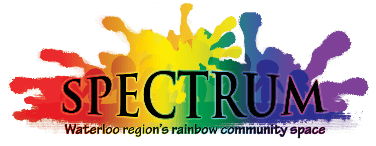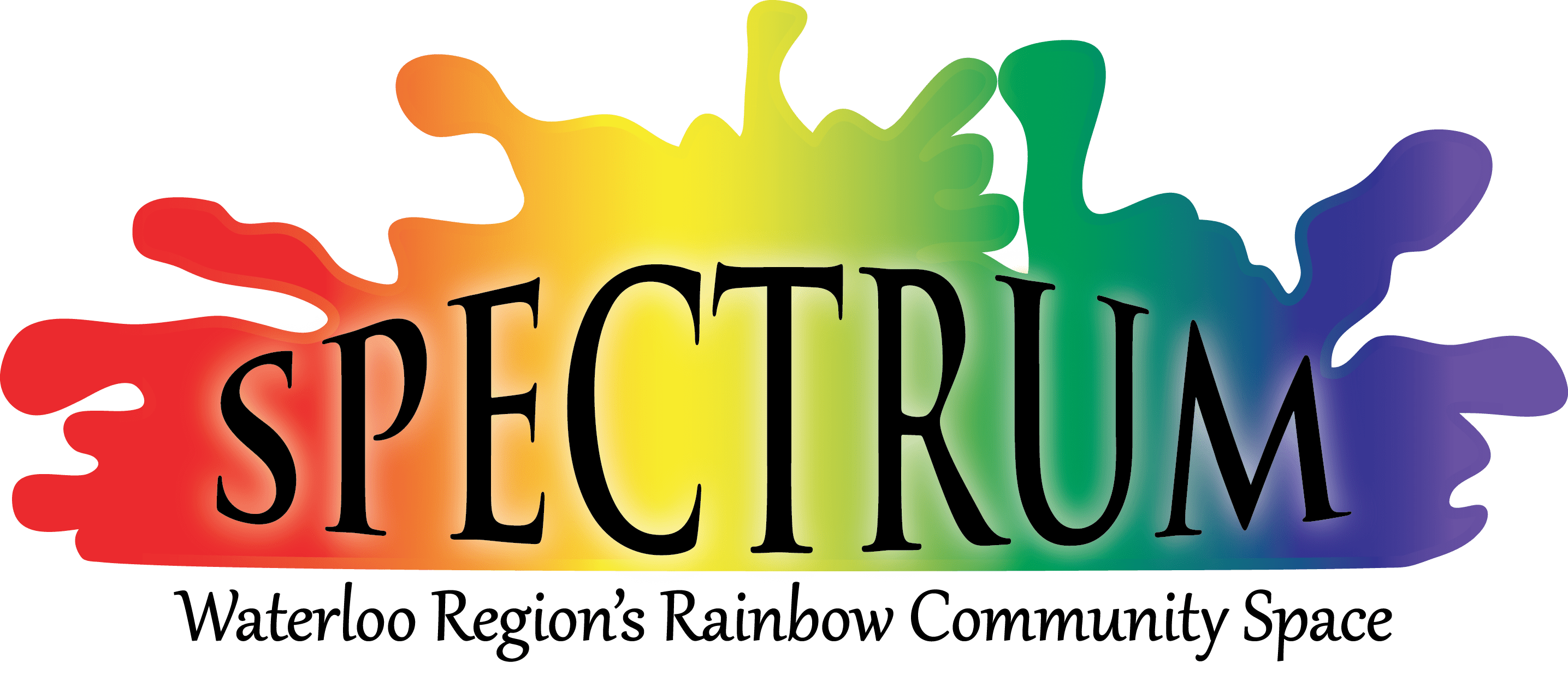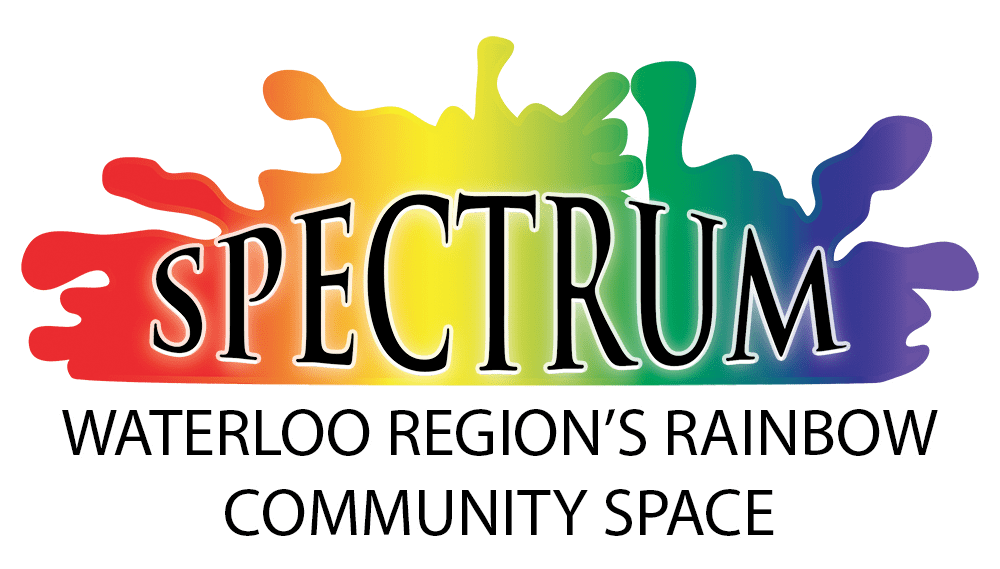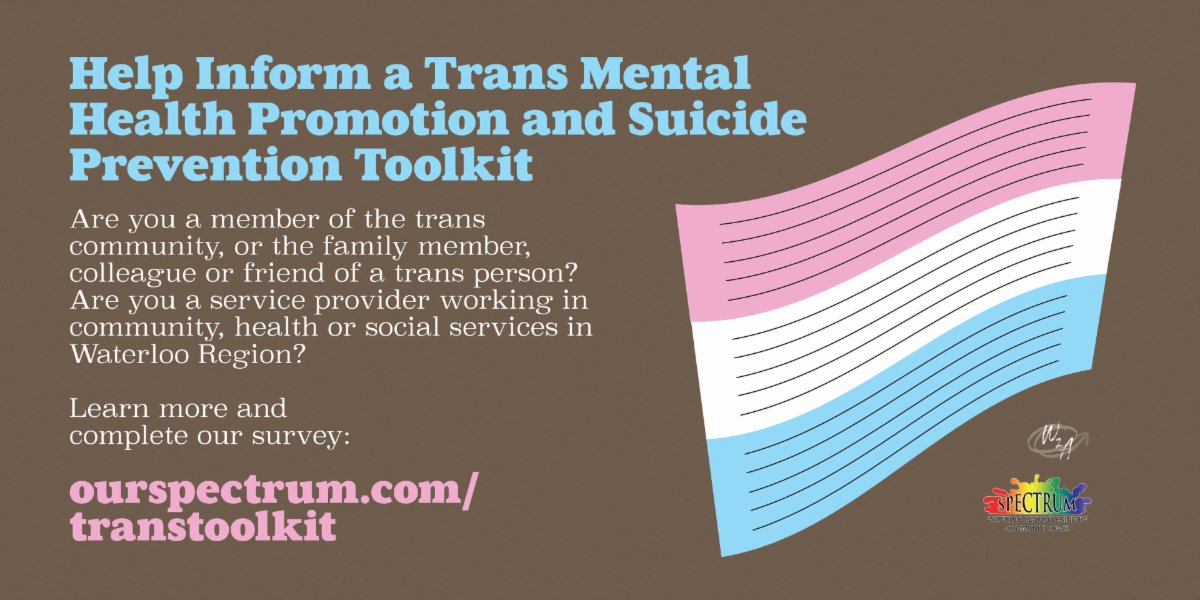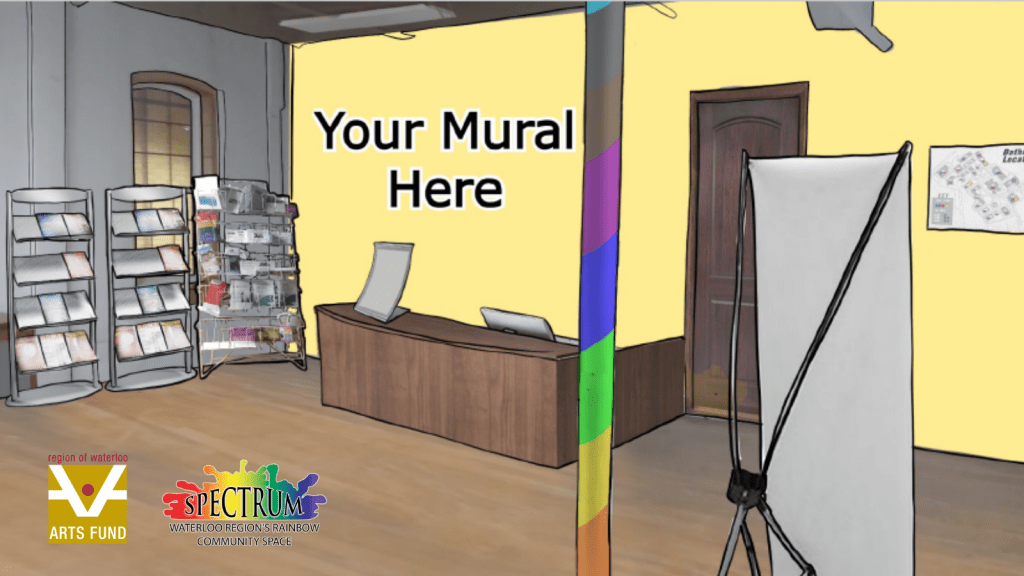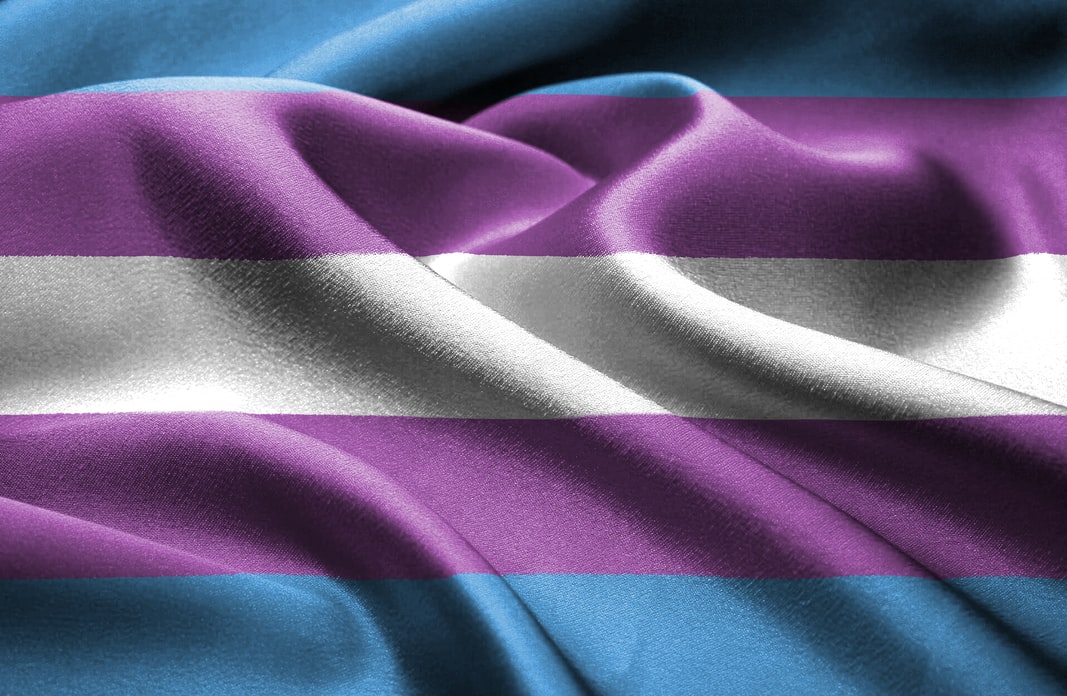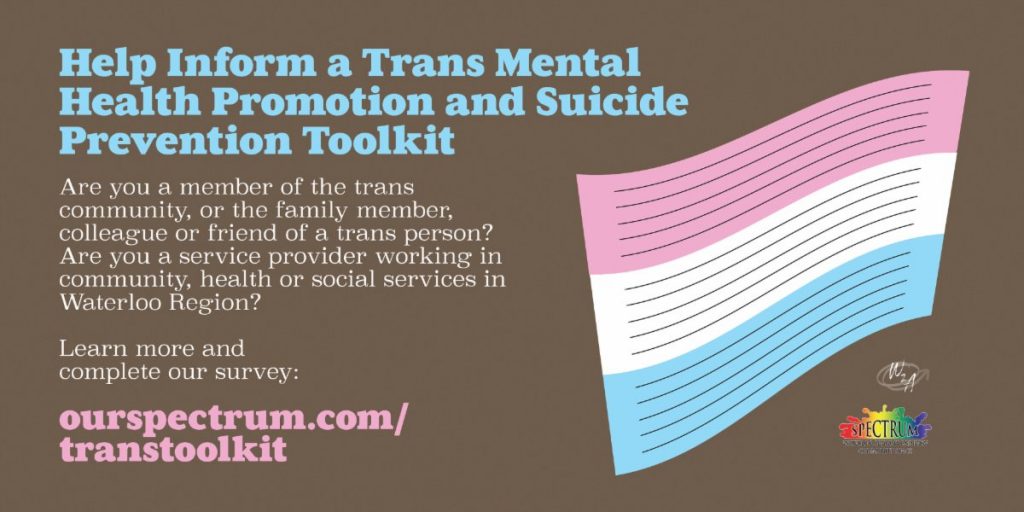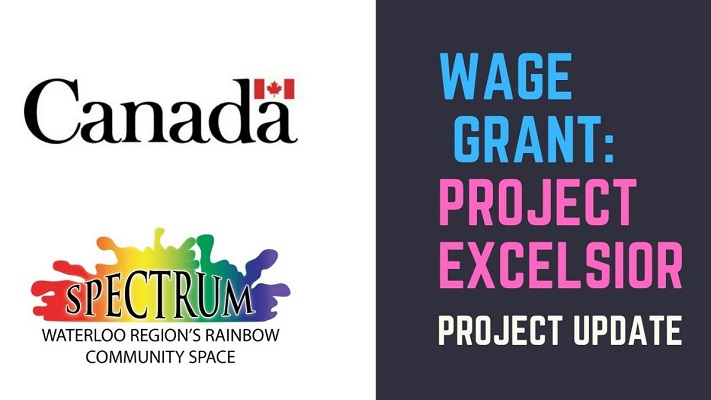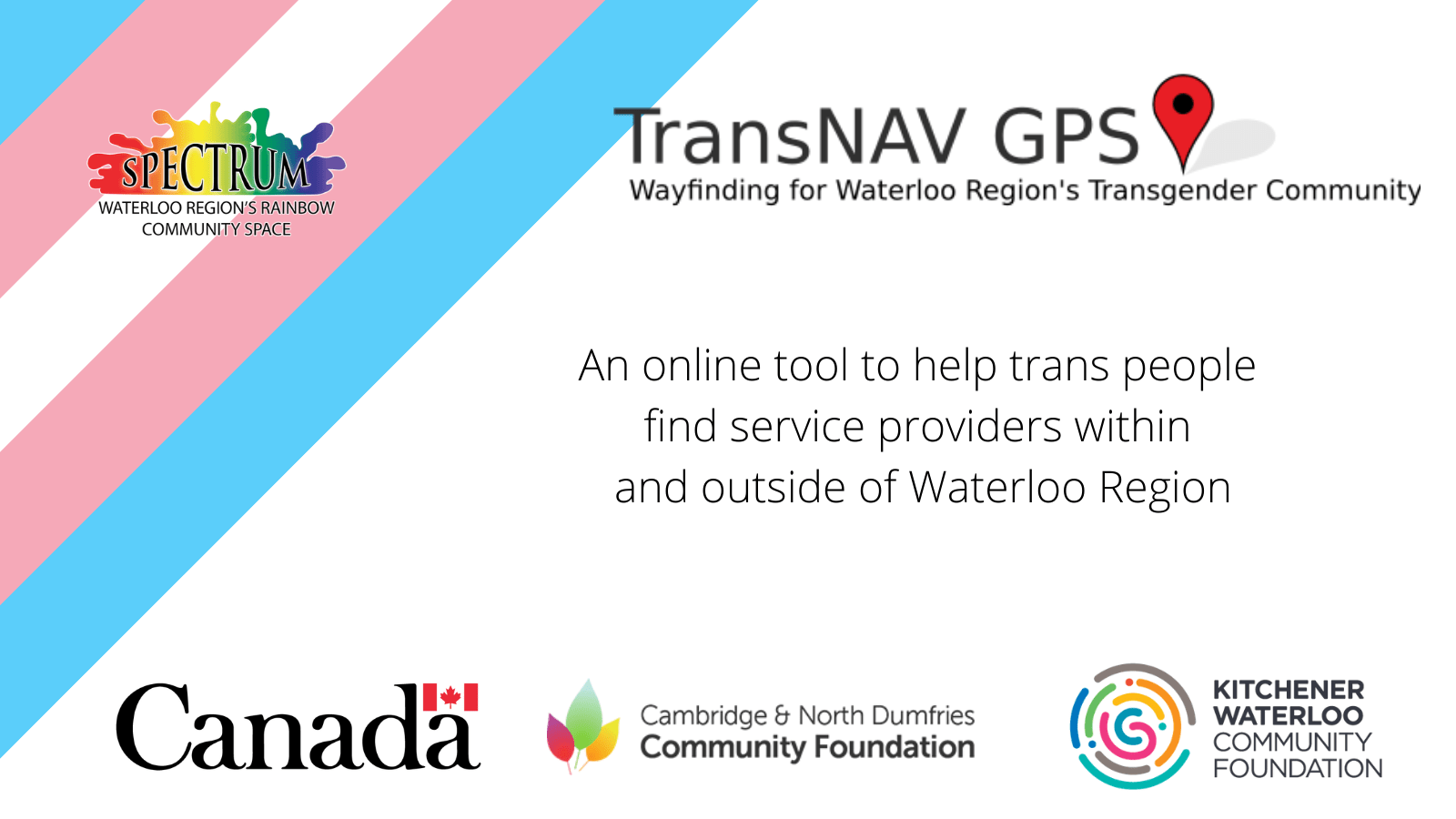Early in 2021, SPECTRUM surveyed our volunteers, program participants and the community at large. We heard from several people who self-identified as asexual, aromantic, bisexual, and/or pansexual that they sometimes felt “not queer enough” to attend Pride events or visit LGBTQ2+ spaces. Wanting to do a better job of understanding the needs of traditionally underserved members of LGBTQ2+ communities, SPECTRUM partnered with the Waterloo Region Rainbow Coalition (WRRC) to run three focus groups during Pride month:
• June 8, 7-8:30pm: “Not Queer Enough” (Ace/Aro)
• June 15, 7-8:30pm: “Not Queer Enough” (Bi/Pan)
• June 22, 7-8:30pm: “Not Queer Enough” (Ace/Aro and/or Bi/Pan)
We would like to thank all of those who took part in these discussions for their willingness to be open and honest about their experiences, and for providing ideas on how organizations like SPECTRUM and WRRC can work to improve queer spaces in our community for bisexual, pansexual, asexual, and aromantic people. The information we gathered will help to inform the development of future events, programs and services.
WHO ATTENDED?
14 people participated across the three group sessions. They identified themselves as: Aromantic, Asexual x4, Bisexual x10, Transgender, Non-binary x2, Queer x5, Pansexual, Omnisexual, Demisexual, Demigirl, Other.
1. Have you ever been told that you are not “really” queer or not “queer enough” to be in a queer space because of being Ace/Aro/Bi/Pan? (Yes/No)
11 of the 14 participants answered “yes” to this question.
2. Have you ever thought about leaving or chosen not to attend a space because you did not feel welcomed/safe/included because you are Ace/Aro/Bi/Pan? (Yes/No)
11 of the 14 participants answered “yes” to this question.
3. What contributes to LGBTQ2+ spaces feeling unsafe? Unwelcoming? Exclusive?
Many of the participants shared very difficult memories about feeling unsafe or unwelcome in LGBTQ2+ spaces. Some noted that because of this history they now assume queer spaces are unsafe unless proven otherwise. Some noted that while the organization providing the space claims to be welcoming, other participants are not. Frequently, people make the assumption that everyone is interested in sexual or romantic relationships. The language they use and questions they ask exclude asexual and aromantic people. The often used Pride slogan “love is love” excludes many people.
Amatonormativity is the assumption that the traditional view of romantic relationships: a monogamous relationship where the parties are married, live together, and have children in a nuclear household, is the highest form of satisfaction one can achieve in life, and that all people strive for this type of relationship.
Some participants noted a lack of understanding of what bisexuality is. Sometimes people make the assumption that if someone is married they cannot be bisexual. Some participants who are in “straight-passing” relationships feel they cannot attend events or activities with their partners. They are assumed not to be queer couples. Participants with children noted similar assumptions — their families were seen as “not queer”. A strong theme amongst participants was a feeling that their individual identities were dismissed or doubted based on current relationship and/or family status.
4. In what types of spaces do you most commonly experience not feeling welcomed / safe / included?
Some participants noted that online queer spaces were especially unwelcoming and even hostile towards asexual, aromantic, non-binary, and trans people.
Many participants shared that sometimes a space is labelled “queer” or for “LGBTQ2+ people” but the reality of their experience in those spaces is that they are really just for gay men or lesbians. Some people use “gay” and “LGBT” interchangeably which means that bisexual and trans people will show up to an event and find themselves excluded.
5. What contributes to spaces feeling welcoming? Safe? Inclusive?
Participants noted the need for explicit signage and symbols in queer spaces that identifies them as welcoming to bisexual, pansexual, asexual, and aromantic people. This might include flags, posters, and written statements. Participants noted that these explicit symbols must be coupled with education so that people understand bisexual, pansexual, asexual, and aromantic identities and do not use language that excludes them.
6. How can community organizations better serve you and reduce barriers to inclusion?
• Participants noted the need for bisexual and pansexual groups and activities to be created and offered by organizations like SPECTRUM. Participants also noted the need for groups and activities for racialized queer people.
• Participants shared that they would love to see inclusive queer parenting groups or activities. Groups with names like “queer moms” can be unwelcoming for trans people, and they exclude non-binary parents.
• Participants noted that groups for people questioning their sexuality or gender identity could be helpful.
• Participants suggested “living library” events where attendees could ask questions of people with various identities to help with understanding. They also suggested having “ambassadors” of various identities to welcome participants to new spaces or events.
• The suggestion to provide educational events or sessions to help people understand bisexual, pansexual, asexual, and aromantic identities was made.
POLYAMORY
After one of the sessions, we received feedback that polyamorous people are another underrepresented community. For some, their polyamorous identity is inextricably linked to their queerness.
CONCLUSIONS
The above is just a summary of some of the key points captured in these focus groups. Before the end of each session, the participants approved notes taken during the discussion. To view the complete notes please click on each session below.
• June 8, 7-8:30pm: “Not Queer Enough” (Ace/Aro)
• June 15, 7-8:30pm: “Not Queer Enough” (Bi/Pan)
• June 22, 7-8:30pm: “Not Queer Enough” (Ace/Aro and/or Bi/Pan)
Once again, SPECTRUM and WRRC thank all those who participated in these valuable discussions. The comments and suggestions made are already being taken into consideration in discussions of programming and service offerings, and of the design of our physical spaces. We encourage other organizations to make use of the feedback generously provided by the participants of these discussions to support safer, more welcoming, and inclusive queer spaces.
